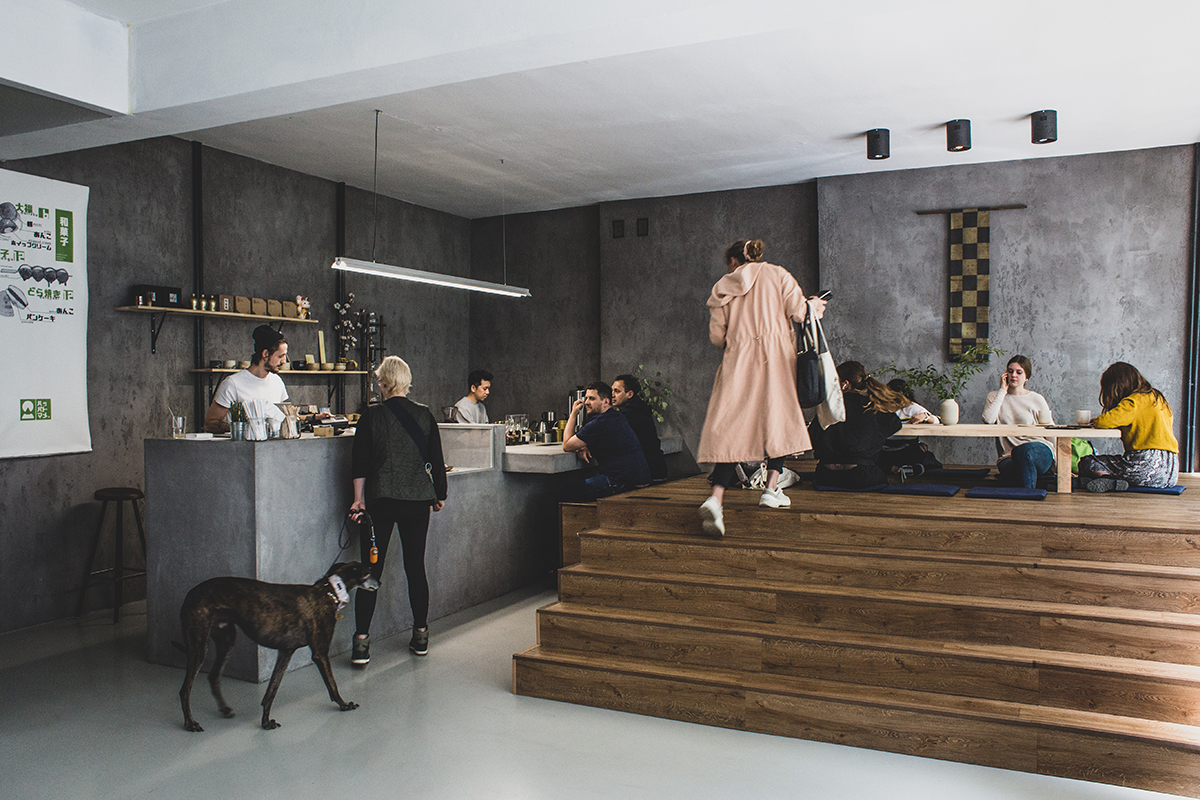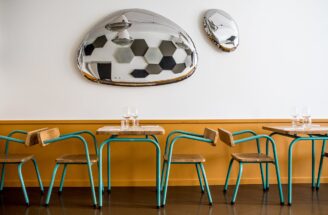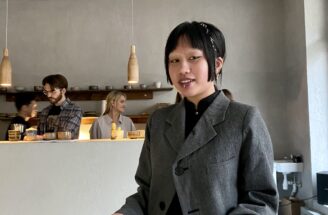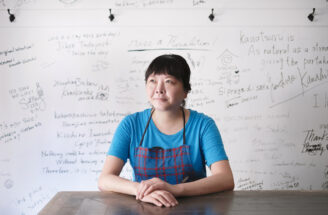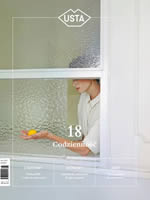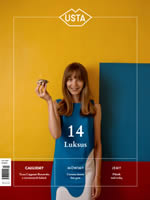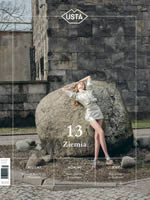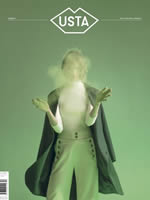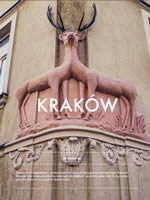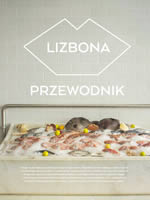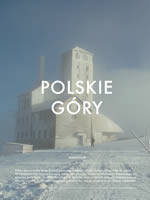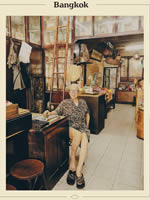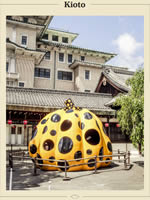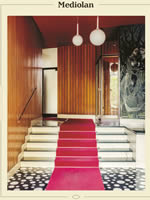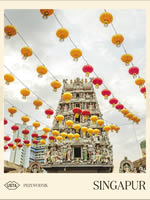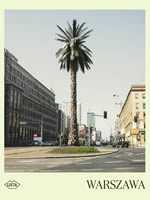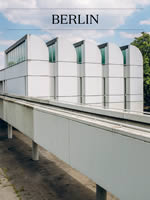Happa to mame is a Japanese tea house created by Shota Nakayama and Marcin Cieśluk. Shota is a Japanese from Osaka who has been living in Poznań for 4 years. Since childhood he has been helping his mum and grandma in baking Japanese sweets. When he moved to Poznań and met Marcin he realised that this is where he will open his own cafe.

Happa to mame is a very calm place which perfectly embodies the idea of wabi sabi, the main inspiration of the owners. Wabi connotes modesty and simplicity – living in harmony with the nature. It also symbolises a person, who is happy with one’s belongings and is ready to give up on one’s needs. Sabi represents the passing of time. It concentrates on the transience and the beauty of natural aging.
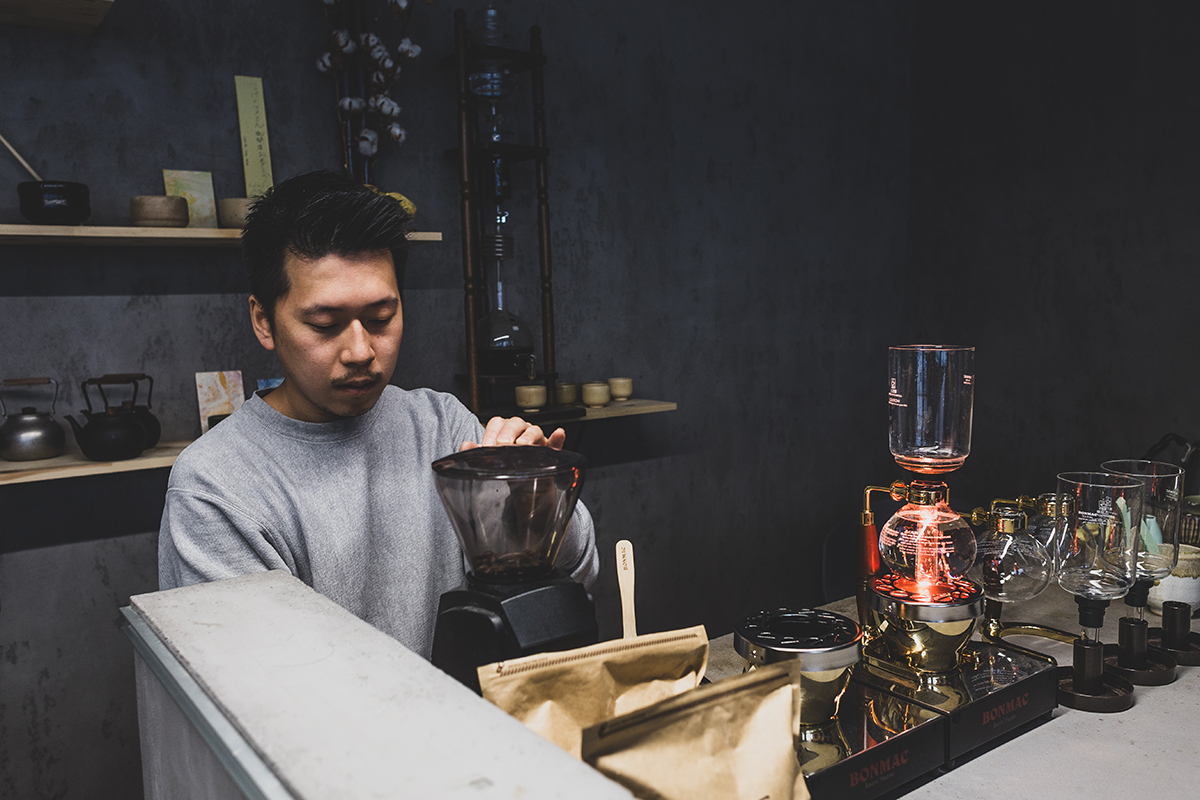
At Happa to mame this idea means, for example, that only original Japanese poducts are used, e.g. authentic Japanese matcha. It is the basic ingredient that is used here in the original, modern variations on food and beverages. Starting from a simple and refreshing tonic with matcha to spicy ginger soda Yuzu and a variety of sweets. No worries, they also have the coffee! Happa to mame co-operates with a Japanese roasters Hyotan. Whether you order a coffee or a matcha drink, you need to try the local sweets, hand-made by Shota. His desserts are authentic, traditional, Japanese daifuku, dango or dorayaki. It is worth to travel from far away to Poznań just to try the Japanese pancackes with ice-cream and mochi, sprinkled with roasted salt. As the owners say: “We concentrate on authenticity and tradition. Our intention is to make our guests feel like they are in Japan for a moment, without the necessity to move out of Poznań”. We must admit that Happa to mame can make that happen.
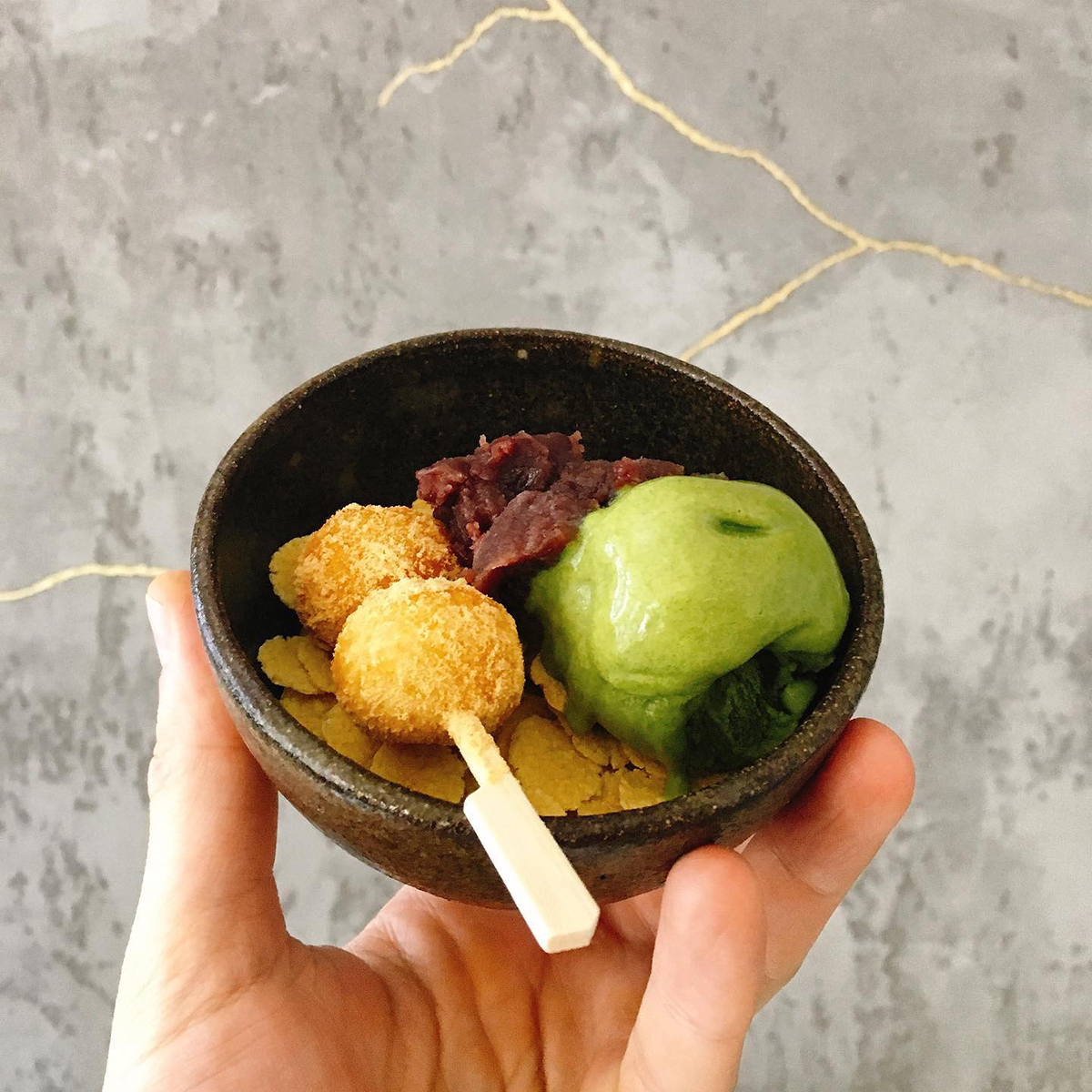
The sweets served at Happa to mame are sheer perfection. Despite their simplicity, their taste is hard to forget. The best recommendation is that the USTA Magazine team, a day after the visit, ordered another portion of dango to be delivered to Warsaw!
It is also worth mentioning the interior design of the cafe. It was designed by the owners. They tastefully mixed industrial concrete with wooden elements creating a very raw, minimalistic space. A wooden dais is the centrepiece of the interior. Walking up a few stairs, there is a low table you can sit at as if you were in a Tokyo home. These are not all of the Japanese elements. You will also notice kintsugi, a unique technique of repairing areas of breakages with gold. This is why there are golden veins in the concrete countertop or in some of the vessels. The space of the cafe is very bright, large windows let plenty of light in. The leaves and banches of the threes in front of the bulding animate the game of lights and shadows – very much appreciated in the Japanese culture.
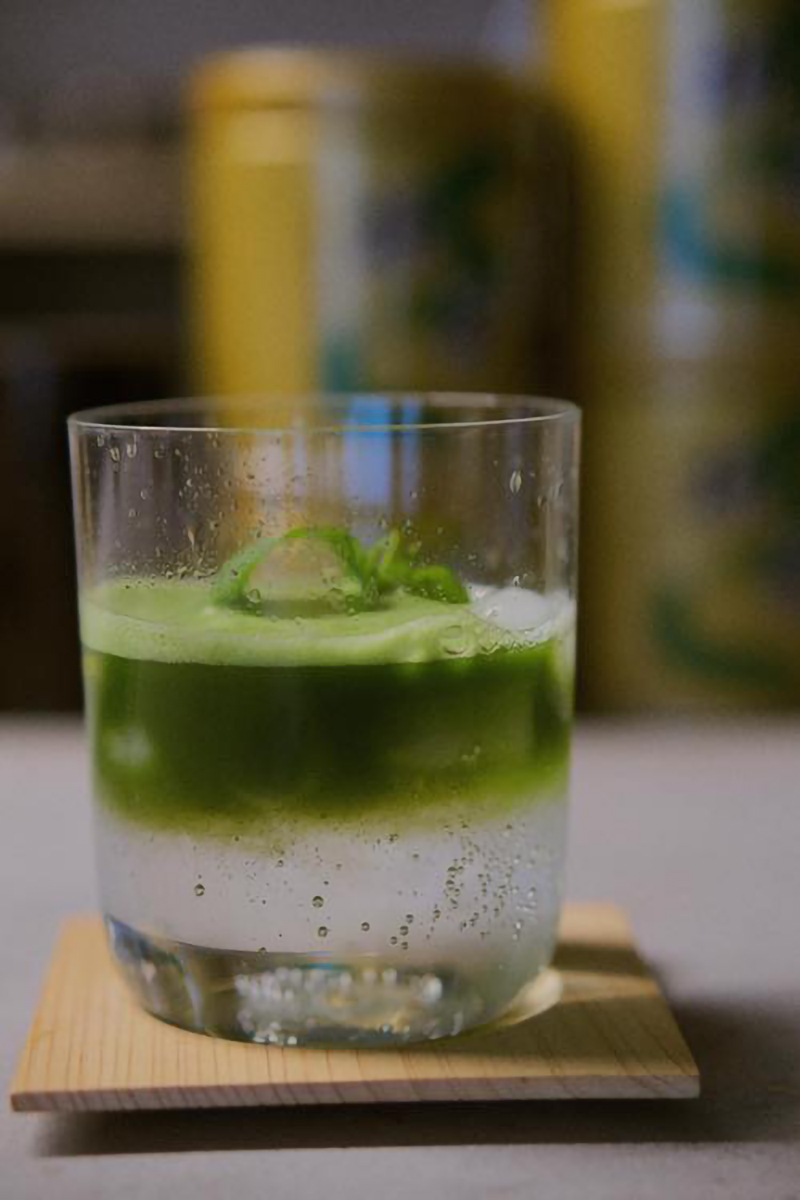
Yet another Japanese element at Happa to mame is the ceramics. It was created in co-operation with Poznań’s artists – Hadaki, Nami Studio and Romanczuki. Finally, the wide space of the cafe welcomes concerts, tea ceremonies and exhibitions of ceramics, ancient armours and traditional Japanese weapons. We recommend this place from the bottom of our hearts. We are planning to keep coming back on every possible occasion, or hope to see a branch opening in Warsaw.
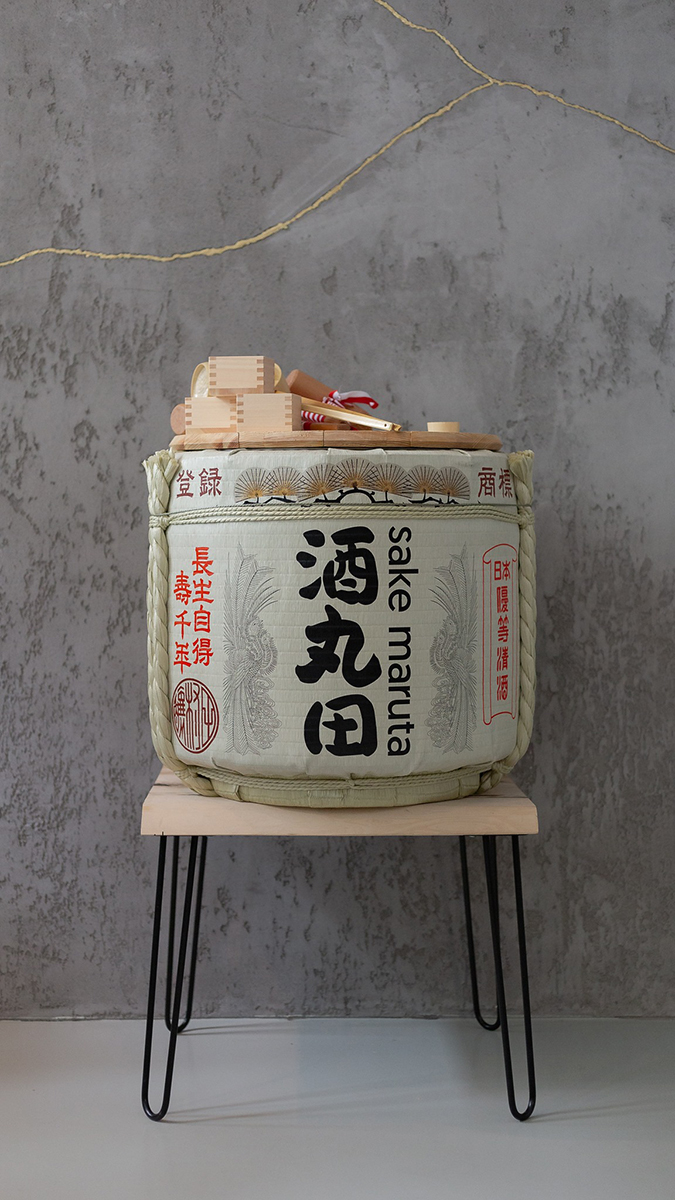
Happa to mame
Szamarzewskiego 17, Poznań
https://www.facebook.com/
text: Michał Baran, photos: press release / Tytus Gustaw Groźny
Share this entry on Facebook or copy link